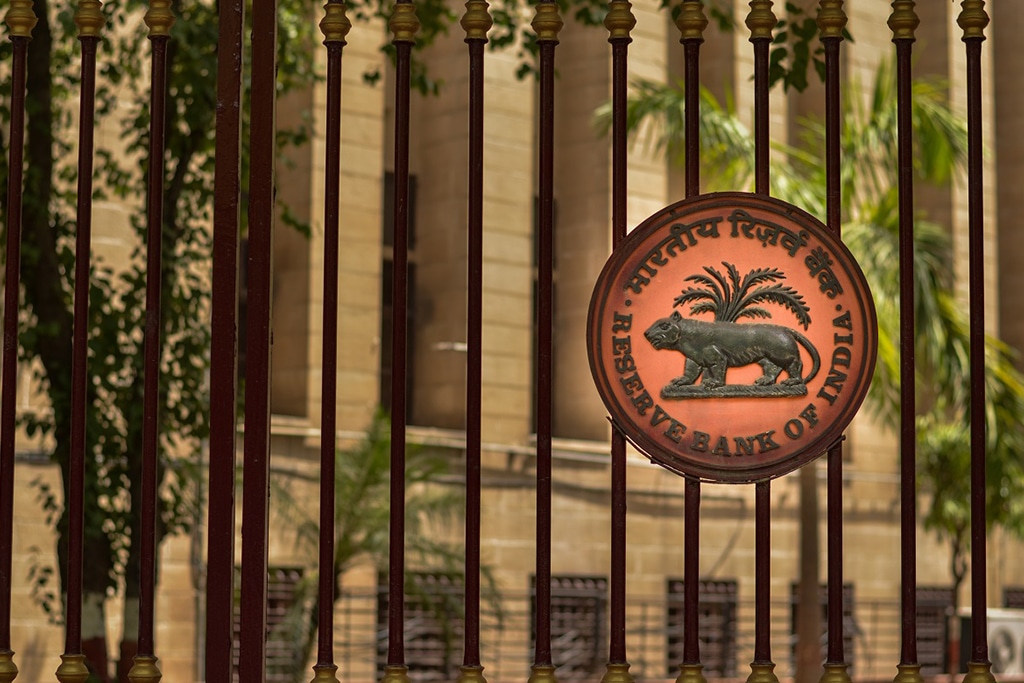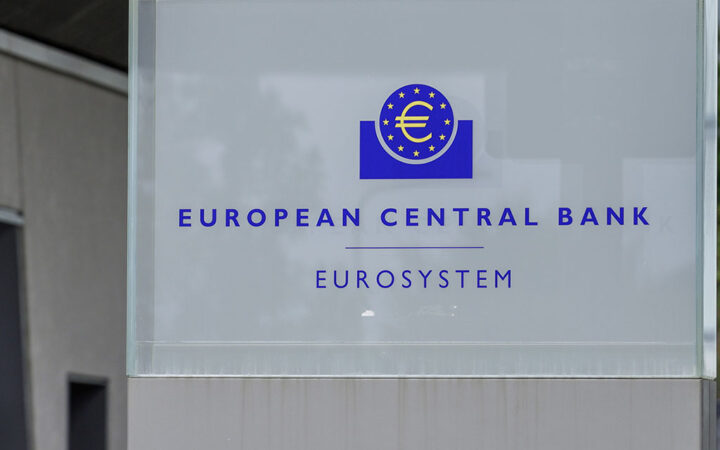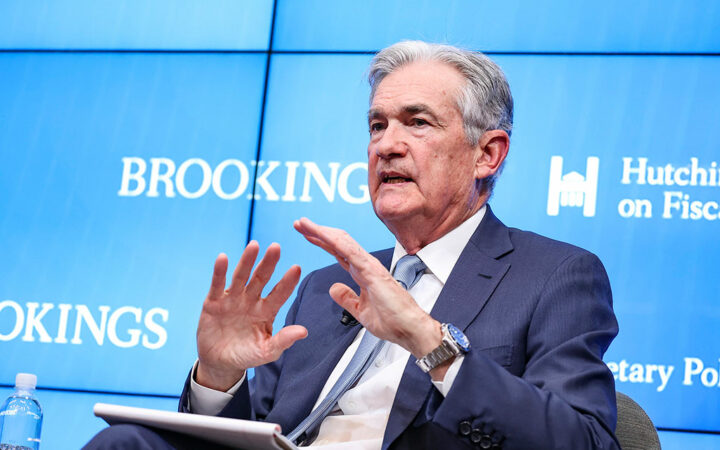
An experienced writer with practical experience in the fintech industry. When not writing, he spends his time reading, researching or teaching.
While pushing for a quick launch of its CBDC, the Indian government has not been welcoming to cryptocurrencies in general.

The Reserve Bank of India (RBI) has commenced a pilot test of the digital rupee in its wholesale market segment.
Despite only announcing the CBDC project in February, the central bank of India has rushed through its research and development. This is not surprising given that Finance Minister Nirmala Sitharaman believes the digital rupee would greatly boost the Indian economy.
Later in May, the minister announced a three-step process for its CBDC rollout to ensure minimal disruption of the existing fiat system. The pilot test is the second phase of that graded approach.
According to a Reuters report, the pilot will involve nine major Indian banks, including the State bank of India, the Bank of Baroda, ICICI Bank, IDFC Bank, HDFC bank, and Union Bank of India. Kotak Mahindra Bank, Yes Bank, and HSBC make up the rest of the number.
These banks will use the wholesale CBDC to settle interbank transactions, including securities and cross-currency payments. With the digital rupee, these secondary market transactions are expected to become more efficient. Likewise, the associated cost of transactions is expected to reduce.
The RBI plans to launch a pilot test for the retail segment of the market within one month. Unlike wholesale CBDCs used by banks, households and businesses use retail CBDCs to make payments directly and store value.
While pushing for a quick launch of its CBDC, the Indian government has not been welcoming to cryptocurrencies in general. RBI officials have previously warned that crypto will cause the dollarization of a segment of the Indian economy since most cryptocurrencies are denominated in the dollar and issued by foreign firms.
Further, unnamed officials said, “It [crypto] will seriously undermine the RBI’s capacity to determine monetary policy and regulate the monetary system of the country.”
Consequently, the country imposed a 30% tax on digital assets holding and a 1% tax deduction on every transaction at source to make crypto investments less attractive for local investors. The imposed tax caused a massive drop in crypto trading in the country. It also forced many crypto entrepreneurs to move to friendlier jurisdictions.
Disclaimer: Coinspeaker is committed to providing unbiased and transparent reporting. This article aims to deliver accurate and timely information but should not be taken as financial or investment advice. Since market conditions can change rapidly, we encourage you to verify information on your own and consult with a professional before making any decisions based on this content.

An experienced writer with practical experience in the fintech industry. When not writing, he spends his time reading, researching or teaching.




